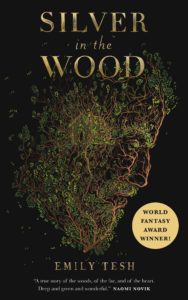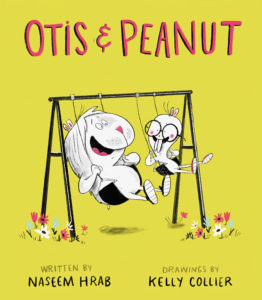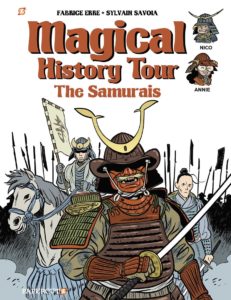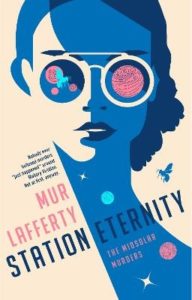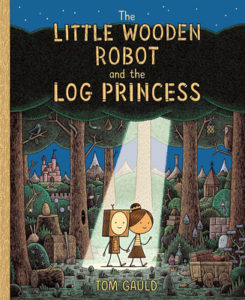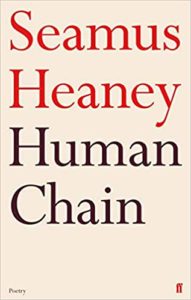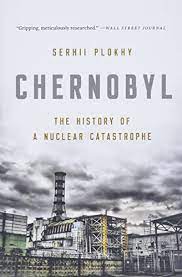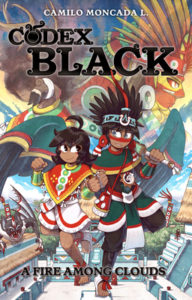 Collecting the entire fourteen issue run of the sci-fi comic book title.
Collecting the entire fourteen issue run of the sci-fi comic book title.
So this book has an interesting perspective on the living-in-space genre. Outpost Zero is all that remains of a generation ship that left Earth centuries ago. The survivors have adopted something of a small town mentality, focusing on keeping their outpost alive and otherwise exhibiting a marked disinterest in exploring the icy planet on which they crash landed.
Ofc, not everyone is so inwardly focused. Alea is the brave, almost foolhardy daughter of members of the Discovery team, the dwindling group responsible for venturing outside the dome. As she and her friends approach Singularity — i.e. the day they choose their grown-up career paths — they contemplate their futures. Alea wants to follow in her parents’ footsteps. Steven is happy to join his own dad in Engineering, while Lyss doesn’t particularly care where she ends up, despite her father’s ambitions. Mitchell wants to be a prizefighter, the dome’s main entertainment. No one’s heard from Mitchell’s twin Maddie in some time. Steven’s friend Sam, who for some reason rouses Mitchell’s ire, is already interning for Security, under the watchful eye of his foster mother, who’s the station’s Chief Of Security.
But then Steven breaches the airlock in an apparent suicide. The rest of the kids are devastated. Alea refuses to believe that Steven would kill himself without any sign or warning, and begins to investigate. What she discovers could turn their entire community upside down, and either crush their spirits for good or give them a new hope altogether.

